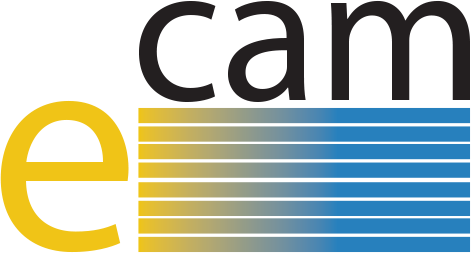Work Package 3
WP leader: Sara Bonella, École Polytechnique Fédérale de Lausanne
Lead beneficiary: École Polytechnique Fédérale de Lausanne
Methods for quantum time propagation are at an earlier stage of development compared to their classical counterparts. The key difficulty for all exact calculations in this field is that they scale exponentially with the number of degrees freedom, currently limiting access to times and sizes several orders of magnitude smaller than classical MD. On the other hand, quantum dynamical effects are increasingly important in many industrial sectors including hardware design (coherence and interference effects), pharmaceutics, and energy production (when light is used to induce quantum physical or chemical transformations). These applications motivate the development of approximate methods including, for example, semi-classical and hybrid quantum classical descriptions, that are in principle capable of modelling systems relevant for industrial processes. In this context it is crucial to accompany methodological progress with the creation of a software and algorithmic infrastructure allowing a variety of quantum dynamics methods to run efficiently on massively parallel platforms. In fact, while several groups have developed in house codes, no well-established, user friendly tool exists that can be easily adapted to run user-driven calculations and can be efficiently ported to different architectures. WP 3 will fill this gap.
WP3 will provide a means for academic and industrial E-CAM users of addressing computational questions that involve quantum dynamical effects reliably and effectively by implementing a set of coordinated actions aimed at industrial discussion, software development, and training. Topics such as approximate methods for computing quantum time correlation functions, exact integrators for the Schroedinger equation, and model potentials of increasing complexity for benchmarking will be addressed in the initial stages of the project.
To facilitate industrial discussion, the quantum team will participate in scoping workshops and complete a pilot project with IBM. Further collaborations with industrial partners will be initiated in the second half of the project.
For software development and training, 5 extended software development workshops will be organised and the quantum part of the E-CAM library uploaded and documented.
The state- of-the-art will be reviewed via the organisation of 2 state-of-the-art workshops during the funding period.
